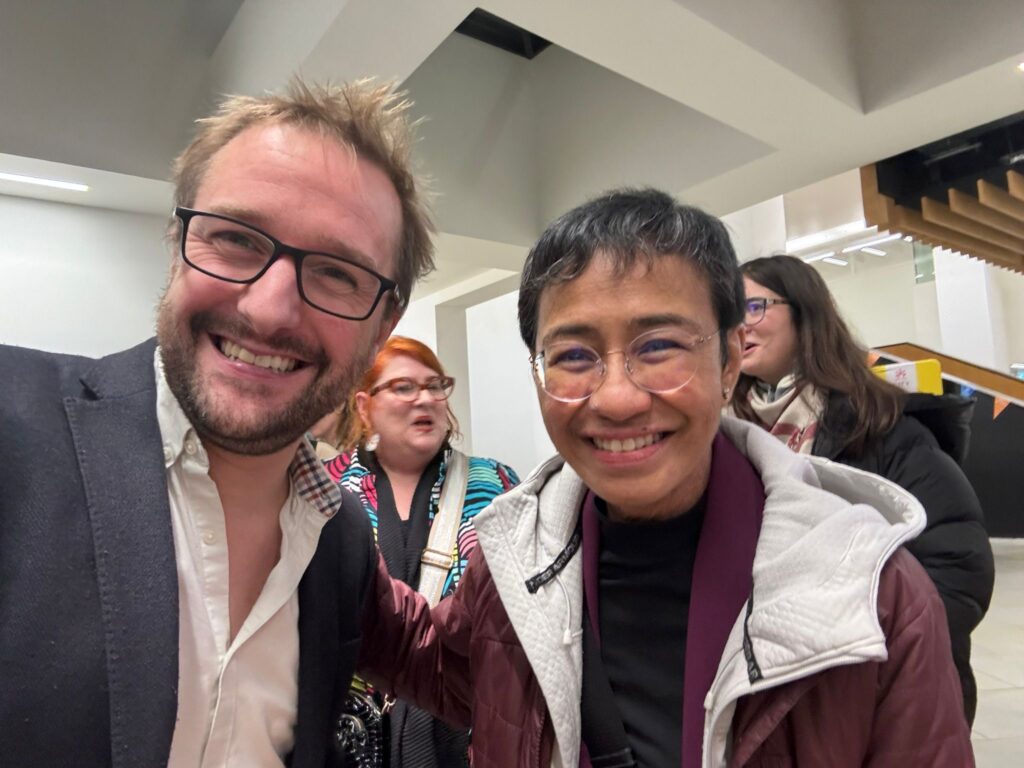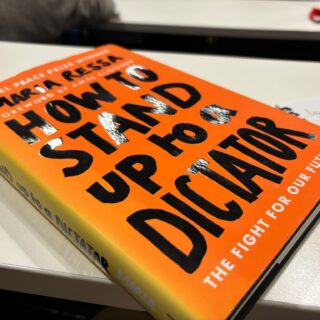Democracy. Rule of law. Human rights.
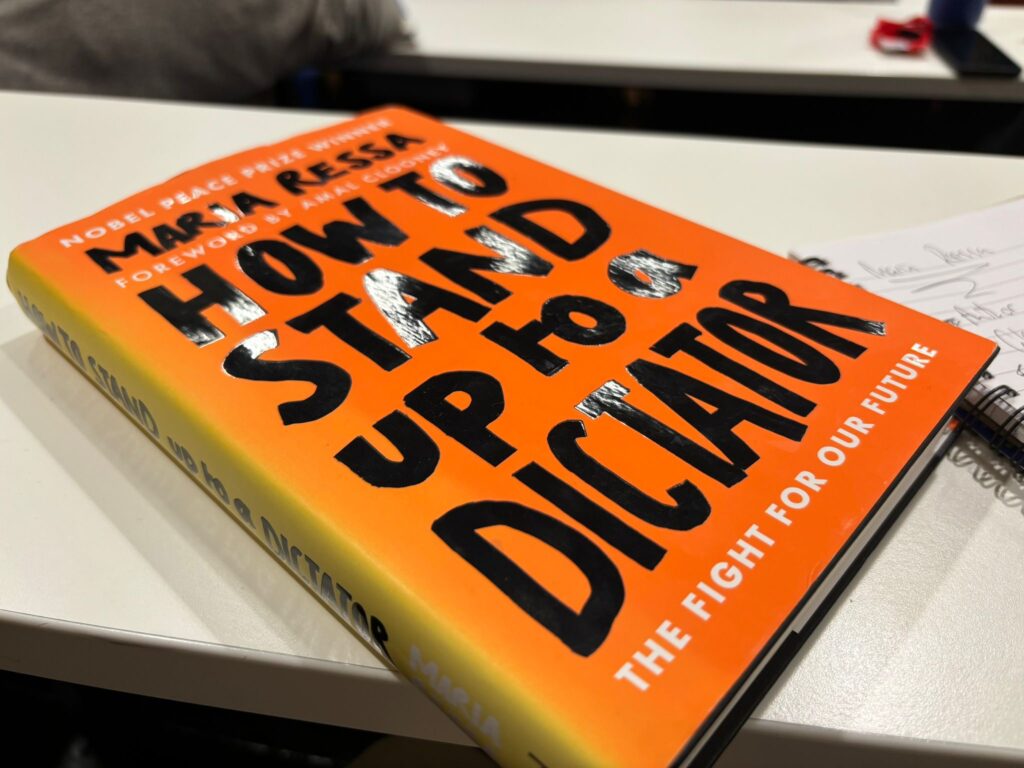
These are notions that would be familiar to any law student; they are fundamental elements of Constitutional Law, generally covered at an early point in a students’ learning. And coverage on any law course would invariably examine and discuss how such principles underpin the workings of the UK constitutional order. It is easy to take for granted, though, the importance of these principles and their value in a democratic society.
Though there are elements of our political system that are problematic, and features of our legal order that are imperfect, we in the UK are fortunate enough to be governed by a system that is generally democratic, respectful of the rule of law, and in which we can uphold our human rights through independent courts. Many people across the world are not so fortunate.
Acknowledgement of the reality that some countries in the world do not respect democracy, adhere to the rule of law, or defend human rights, provided the context in which Filipino journalist, Maria Ressa, spoke at City St George’s, University of London on 21 October at an event entitled “The future of journalism and democracy in the Age of AI: In conversation with Journalism’s Nobel Laureate”. Ressa, the co-founder of Rappler, a digital-only news site in the Philippines, and recipient of the 2021 Nobel Peace Prize, is a journalist who has worked tirelessly to report on and criticise the threats to democracy and the rule of law perpetuated by Philippine governments and, in particular, Rodrigo Duterte, former President of the archipelago. Ressa’s work has not only won her countless awards, but it has also generated numerous legal challenges from the State, determined to fight back against her coverage, reporting, and criticism. In Ressa’s own words:
‘I may go to jail. For the rest of my life … [o]n charges that should never have made it to court. The breakdown of the rule of law is global, but it has become, for me, personal. In less than two years, the Philippine government issued ten arrest warrants against me’.
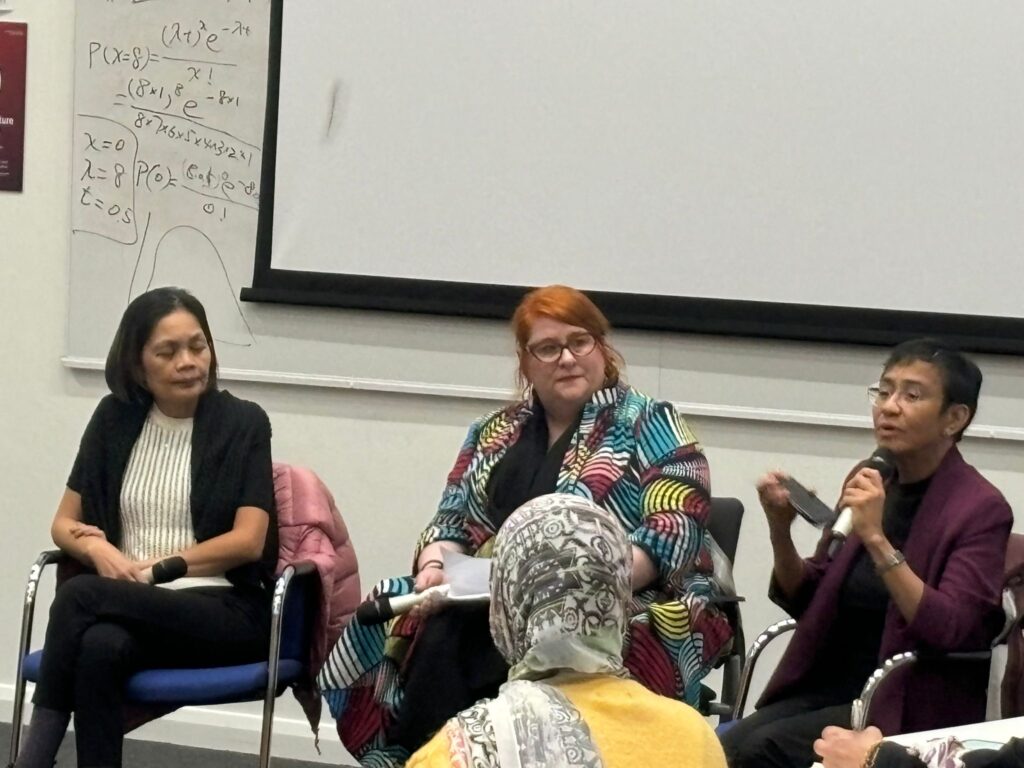
On 21 October, in conversation with Glenda Gloria (former editor at Rappler) and Julie Posetti (Professor of Journalism, City St George’s), Ressa talked at length about accountability and the rule of law, and the important role that journalists can play in ensuring and protecting both. She used numerous times, the tag line ‘hold the line’, encouraging budding journalists to stand fast in their quest to report, uncover, and criticise. Citizens, Ressa stressed, need to trust the information published by journalists, and that once such trust is established, journalists and citizens together can foster a ‘community of action’ against potentially oppressive regimes.
The event, hosted by City’s Department of Journalism, in collaboration with the International Center for Journalists, gave a fantastic portrayal of the harsh struggles that journalists standing up to defend democracy and the rule of law can face.
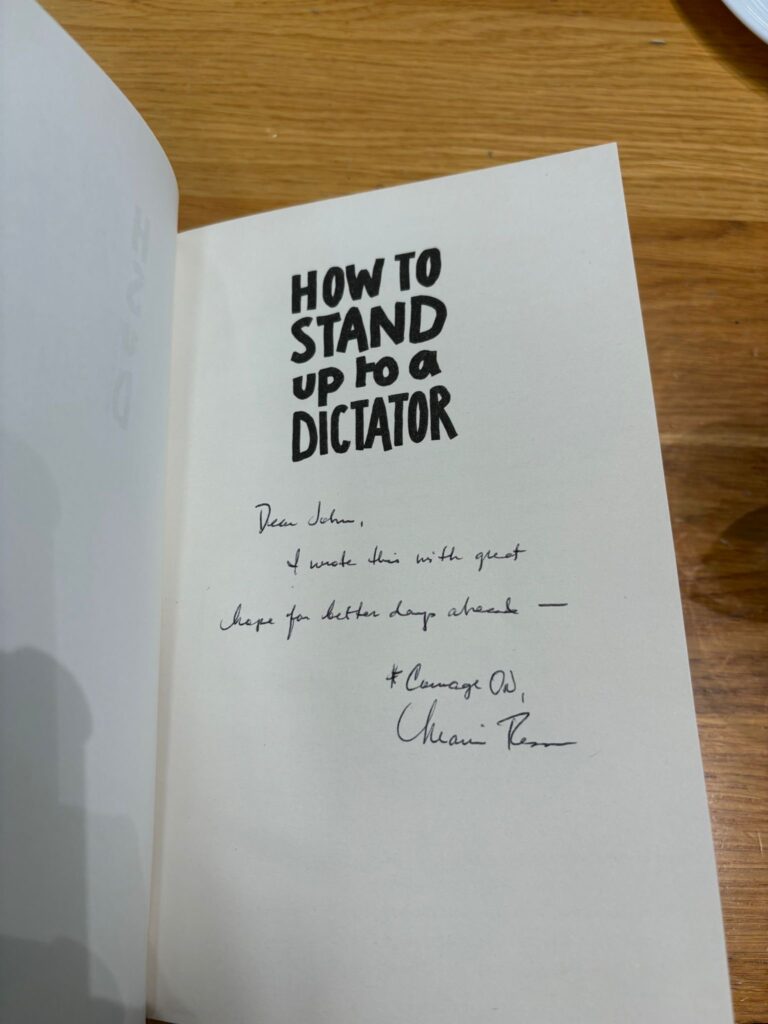
Reesa’s own personal account, and the challenges that she has encountered, not only highlighted the severity of this struggle, but also brought to the fore an unwavering and inspiring hope for a better future. Indeed, as a keen scholar in comparative constitutional law with an interest in the decline of democracy and the rule of law, I got Ressa to sign my copy of her book. She wrote: ‘Dear John, I wrote this with great hope for better days ahead’, reflecting the depth of her passion and relentlessness of her fight to uphold democracy and the rule of law.
A big thanks to Dr John Stanton for putting this review together; he was very excited about hearing Ressa speak and this certainty comes across in this piece! A reminder to all of you that with so much going on at City and beyond, there is an event for everyone, whatever you interest. Have a look at the Lawbore Events Calendar to see what you fancy going to next.
